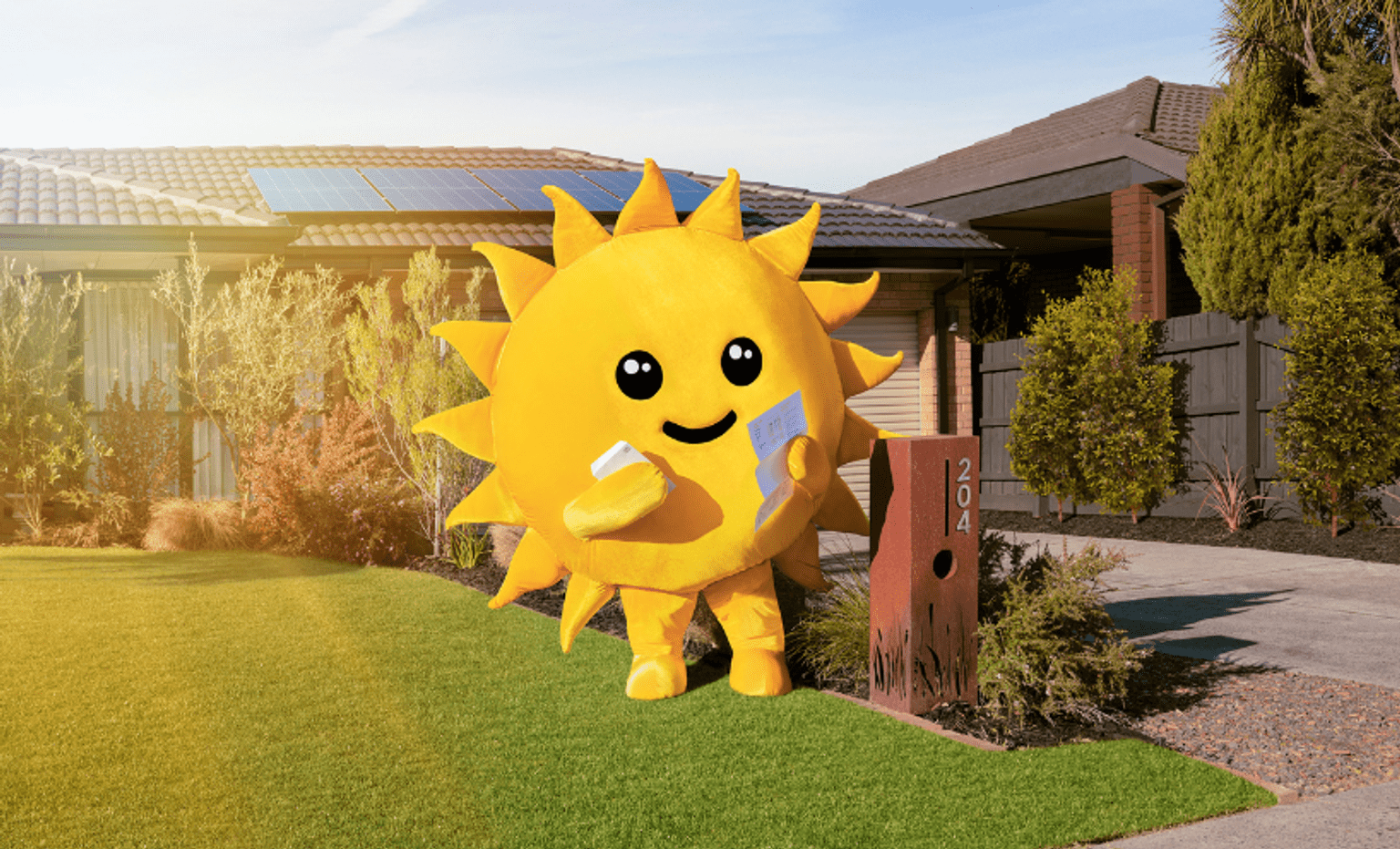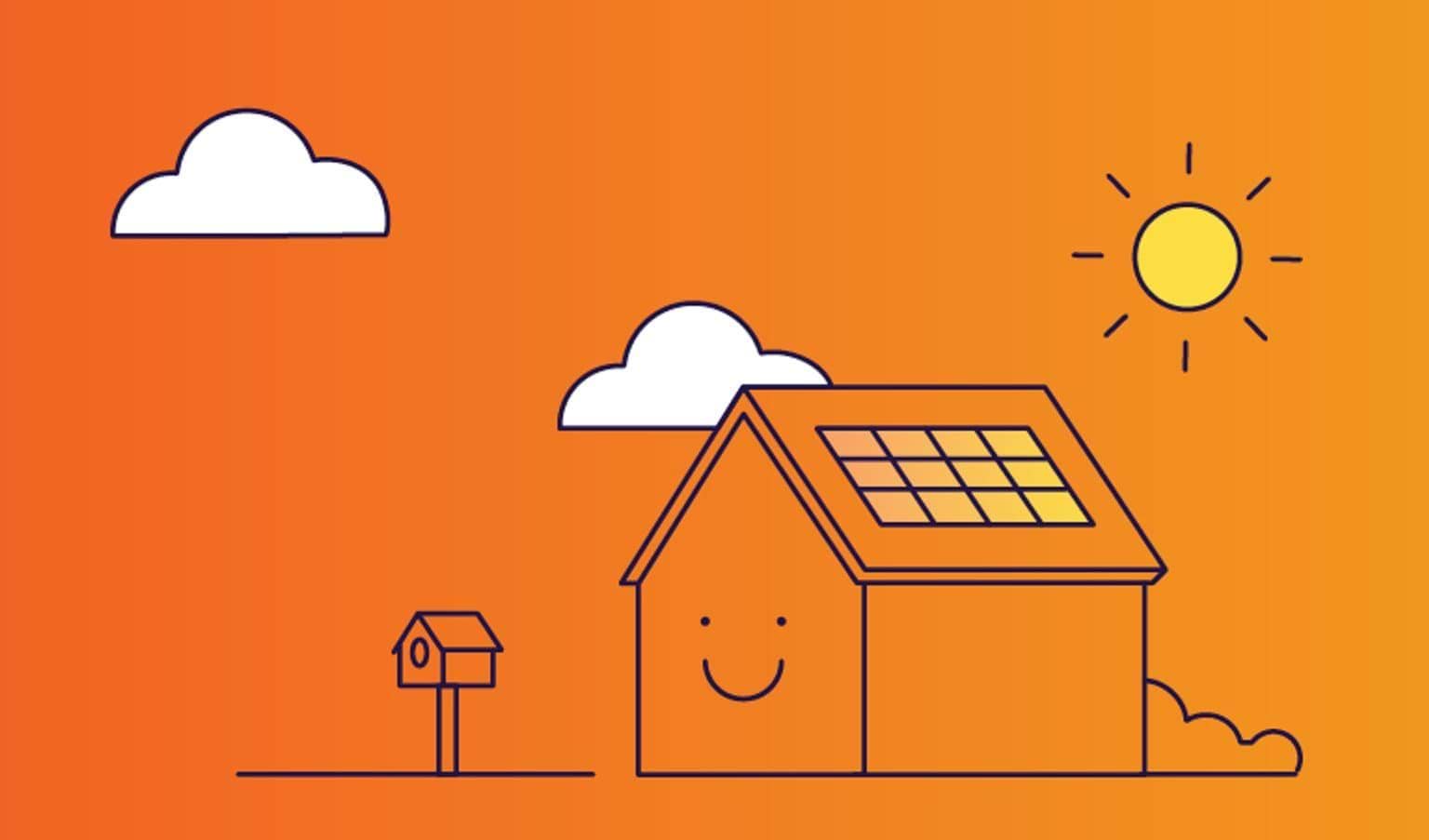Around 15 per cent of homes in Victoria already enjoy the benefits of having a solar PV system installed.
However, there are still many homes missing out on the benefits of a solar electricity system that can take advantage of the Solar Homes rebate to help fund a new system.
Installing solar has financial benefits
Many households want to know if their bill savings will be big enough to justify a solar electricity system.
The clearest answer to this can be found by working out the payback time of a proposed system, which is how long it takes for electricity bill savings to cover the installed system cost, and the annual bill saving, which shows the ongoing financial benefit after the payback period has been reached.
DEECA energy also have Solar Calculator on the Victorian Energy Compare website.
Grid-connected systems should pay for themselves between seven and nine years.
With the Solar PV rebate, a system in Victoria could pay back within three and five years. Today’s grid-connected systems should pay for themselves between seven and nine years in Victoria even without the solar panel rebate, depending on factors such as location, energy retail tariffs and household electricity consumption patterns.
Quality solar panels last at least 25 years, so that initial investment should repay several times over compared with the cost of buying electricity from the grid.1
3-5 year pay back
With a solar PV rebate, a system in Victoria could pay back within three and five years.
Each system installed helps the environment
Many people are focused on the environmental benefits when choosing to install a solar system. Although solar systems still have an environmental impact through the resources required to produce them, such as lithium used in batteries, they create far less of an environmental impact than electricity generated by fossil fuels.
They also do not create any greenhouse gases when generating or storing electricity, helping households to reduce their greenhouse gas emissions and their impact on climate change. As a bonus, any solar generation that a household doesn’t use themselves is sent back to the electricity grid and ultimately used by other households, reducing their environmental impact, too.
Using solar to change your electricity usage
There are several ways you can shift some of your electricity usage to the middle of the day, where you can make much better use of the solar energy you generate. Alternatively, solar batteries can be used to store energy usage above the level produced by solar panels. Energy efficient heat pumps are another way to save on bills, and when combined with solar PV can ‘soak up’ the generated energy through the day and store it in the hot water for your home.
Solar PV checklist: What to consider before buying a system
- Check your eligibility for Solar PV rebate
- Confirm that your system can be connected to the grid
- Learn about solar panel types
- Find out why you need a good inverter
- Do you want a battery system one day?
- Work out how much energy you use
- Think about system size
- Seek out a reputable retailer
- Double check any quotation
- Get a good warranty
1 Calculations are based on a 3kW to 5kW system with no export limits and with a conservative feed-in tariff of 10 cents per kilowatt-hour.
Updated



